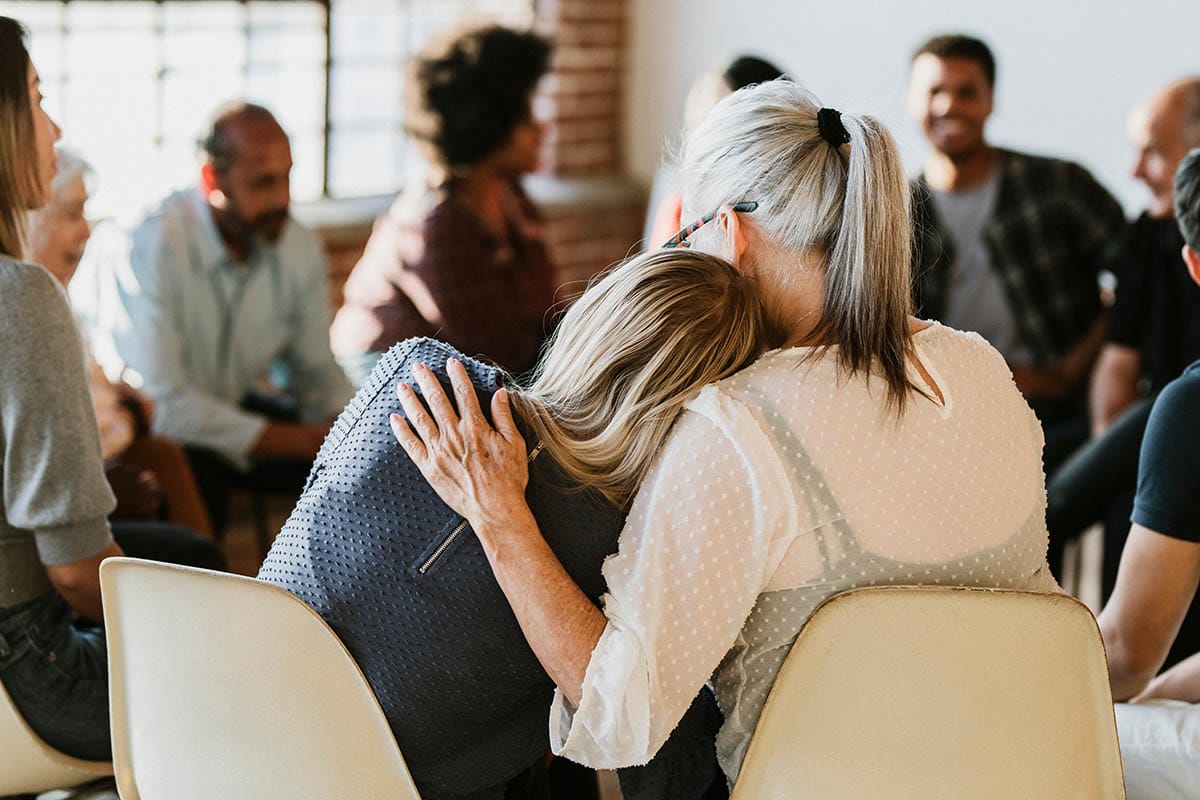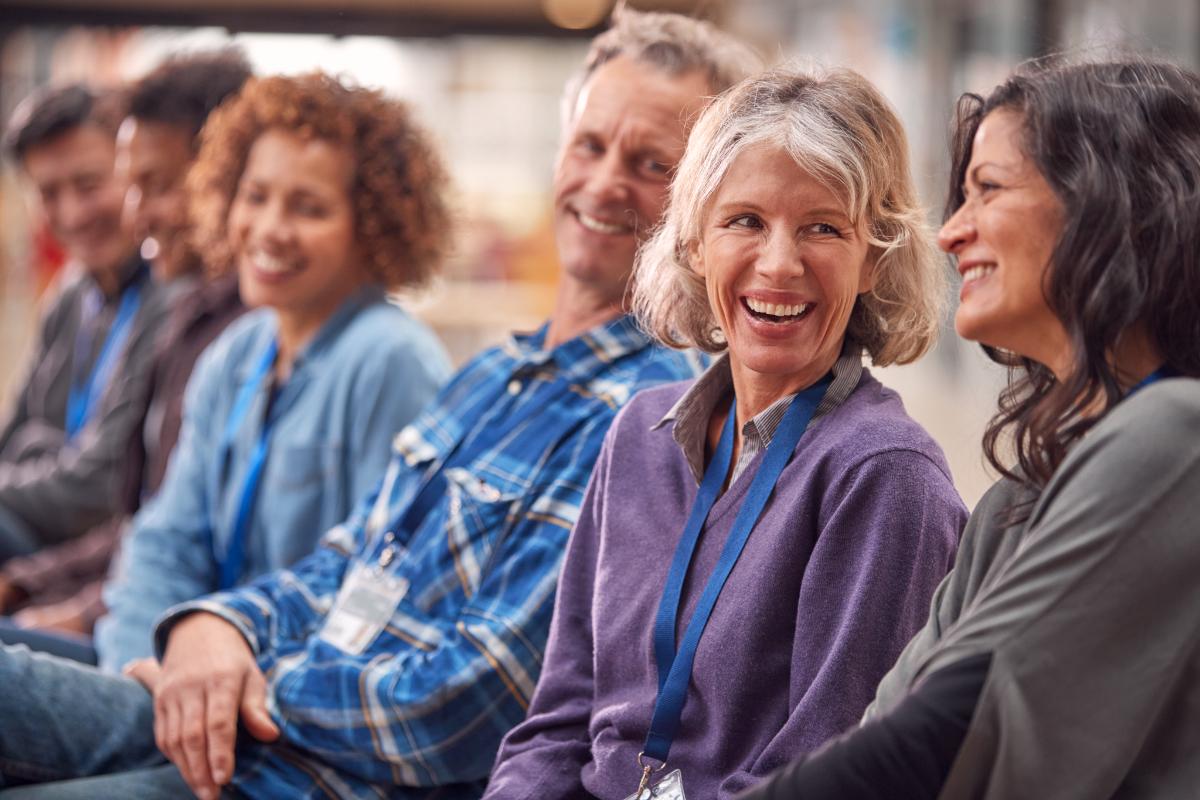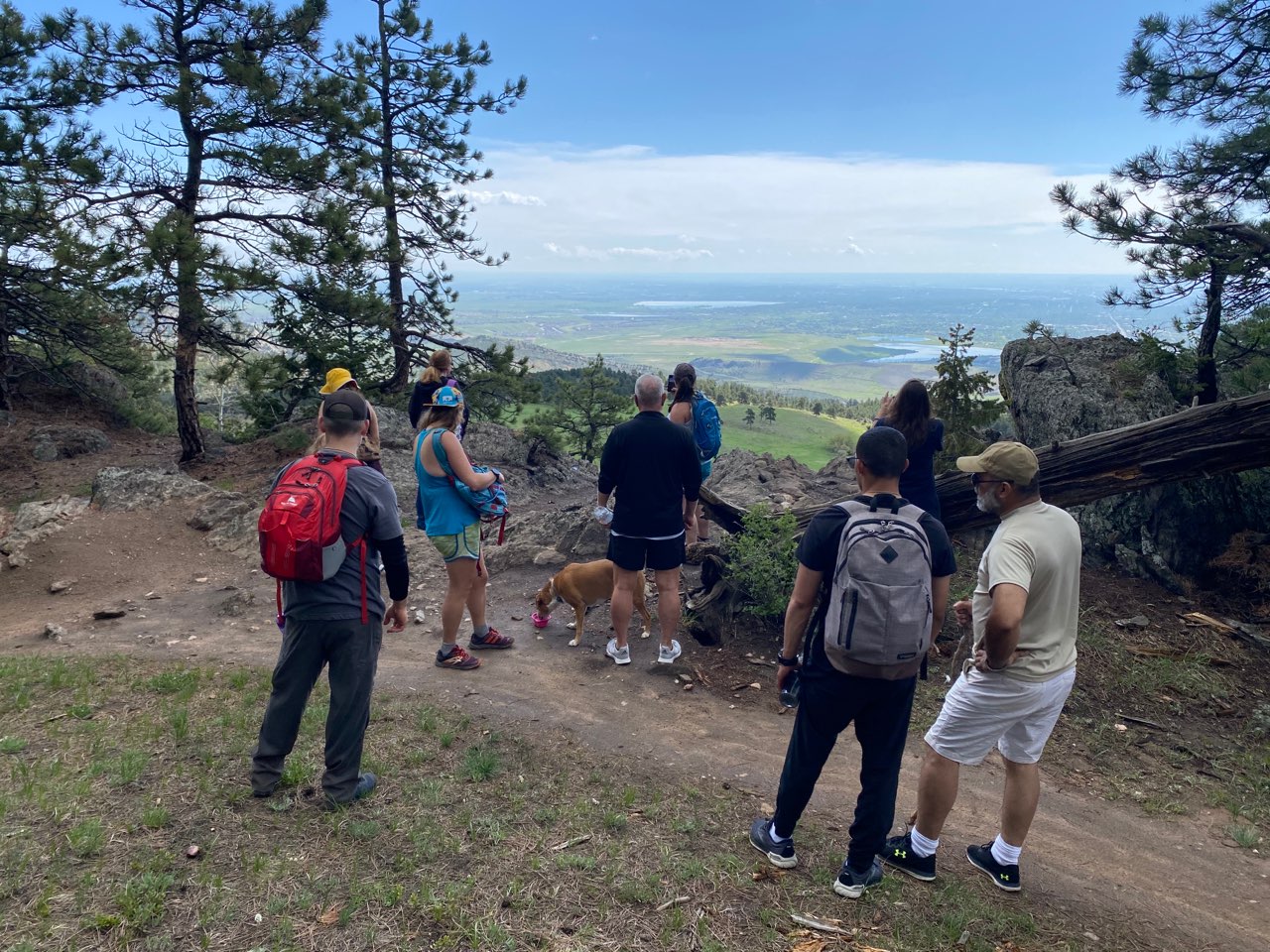Addiction is a battle that cannot be fought alone. Group therapy is an evidence-based tool that can be immensely beneficial for people in addiction recovery. Because of its collaborative nature, it can be especially helpful for individuals who lack support systems outside of treatment. Group therapy can help break down the sense of isolation and loneliness that often accompany addiction and provide individuals with a supportive and caring community. Patients can learn from one another’s experiences and garner new perspectives and coping strategies. Trying out different ideas for group therapy can make group sessions fun and engaging, allowing patients to explore the recovery process in a safe and supportive environment.
Staying engaged and motivated through the treatment process can be difficult, and that’s where different activities come in handy. Participating in fun and engaging activities can help individuals progress in their recovery journey by keeping them invested and energized.
Colorado Medication Assisted Recovery offers group therapy in Colorado that can help you reach your goals. Call 833.448.0127 today to get started.
Ideas for Group Therapy That Are Fun and Engaging
Everyone in recovery has different needs and preferences, which is why group therapy should keep it engaging and fun to keep the momentum going. Here are five ideas for group therapy that have proven to be both exciting and effective.
1. Art Therapy
Art therapy can be helpful for people in addiction recovery by providing a safe and creative outlet to express their feelings. It can improve emotional management, self-awareness, and self-esteem. Art therapists can offer a wide range of mediums to work with, including paints, clay, and markers. Regardless of the medium, the primary objective is to spark creativity and encourage a healthy emotional release.
2. Yoga and Mindfulness
Yoga and meditation can be helpful for recovery as well. People in recovery may need to learn how to manage their stress and anxiety in ways that do not involve drugs or alcohol. Yoga and meditation practices can teach breathing techniques that can assist individuals in gaining control of their racing thoughts. Yoga and mindfulness can increase self-esteem, improve mood, and reduce drug cravings.
3. Comedy Therapy
Laughing is the best medicine. Comedy therapy is an innovative approach that involves laughter as a healing method. In group therapy, participants can watch comedy shows and movies and brainstorm humorous and witty captions. Comedy makes people feel good, stimulates the brain, and helps them develop more positive attitudes.
4. Adventure Therapy
Adventure therapy involves outdoor activities like:
- Hiking
- Rock climbing
- Kayaking
- Camping
These experiential therapy activities can help the group bond and develop trust among members more quickly. It can also allow individuals to explore their boundaries and push themselves out of their comfort zone in a therapeutic environment. Adventure activities may provide an opportunity to break away from negative habits and create new objectives for healthy living.
5. Music Therapy
Music therapy can help people in recovery by increasing self-awareness and improving mood. Listening to or playing music can initiate emotional and physical changes in people, and it can also act as an emotional outlet. There are different models of music therapy, and the focus is on creating a musical environment that encourages expression, communication, and engagement.
Contact CMAR Today for the Best Group Therapy Ideas
Group therapy can be a powerful tool for addiction recovery. At Colorado Medication Assisted Recovery, we provide evidence-based group therapy to help individuals build a sense of trust and community. Our approach is designed to empower patients with the tools they need for long-term success in sobriety. Contact us today by calling 833.448.0127 or reach out online to learn more about our services and how they can help you on your recovery journey.






 For those in recovery from addiction, finding new healthy hobbies should be a priority. Addiction can cause physical and mental health issues that different activities can help participants recover from. Additionally, addiction can be isolating. Those who are
For those in recovery from addiction, finding new healthy hobbies should be a priority. Addiction can cause physical and mental health issues that different activities can help participants recover from. Additionally, addiction can be isolating. Those who are 
















